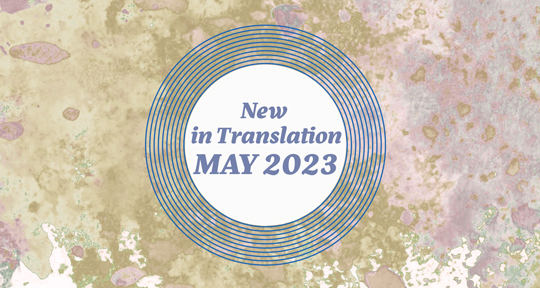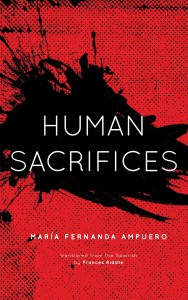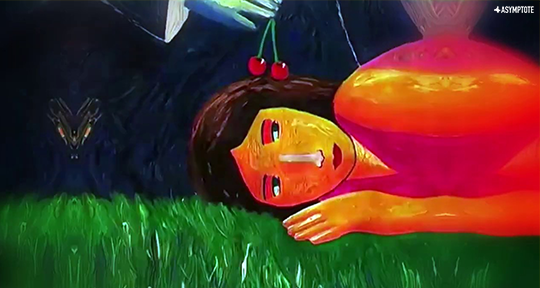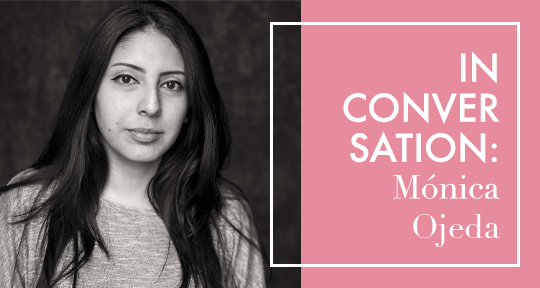Mónica Ojeda is one of the most powerful and provocative voices in Latin American literature today. With influences spanning from H.P. Lovecraft, to Stephen King’s Carrie, to anonymous internet horror legends called “creepypastas,” Ojeda’s novel Jawbone (Coffee House Press, 2021), translated expertly by Sarah Booker, explores the darkest aspects of relationships between women, amidst the suffocating atmosphere of an Opus Dei school for girls in Ecuador.
In Jawbone, popular girls and best friends Annelise and Fernanda have created a religion of their own, outside of the classroom. The girls set up camp in an abandoned house, form a secret cult that worships “The White God”, and engage in a series of increasingly dangerous dares that threatens to tear their friendships apart. Meanwhile, their Spanish literature teacher, Ms. Clara, haunted by the ghost of her dead mother, begins to lose her grip on reality. Things take a sinister turn when Ms. Clara takes Fernanda hostage in a deserted cabin, intending to show her pupil the true meaning of fear. In her multivocal and lyrical prose, Ojeda demonstrates the pernicious ways that violence against women can be exercised, and reveals how victims can be transformed into perpetrators. I was lucky enough to be able to meet with Ojeda in person at a coffee shop in Madrid. Over orange juices, we discussed psychoanalysis in language, the implications of Latin American gothic literature, and her favorite horror films.
Rose Bialer (RB): The first book I read of yours was the poetry collection, Historia de la Leche, which investigates the strange violence of family relationships—specifically those between mothers and daughters. What drove you to return to this theme in Jawbone?
Mónica Ojeda (MO): I don’t remember if I first wrote Historia de la Leche or Jawbone. Well, I know that Jawbone was published first, but I don’t remember which book I wrote first. I could have been writing them at the same time. However, I do know that at the time, I was very interested in the violence within passionate relationships between women. I think the relationships between best friends, or sisters, or mothers and daughters are intense, and so of course there are a lot of possibilities for violence to get in. I’m kind of obsessed with how desire and love can be taken to the next level—the next level being sometimes absolute violence.
RB: I think your poetry comes through in your writing, especially in such highly imaginative phrases such as “mother-God-of-the-wandering-womb,” “umbilical-cord love” and “that sleeping-angel-of-history voice.” Tell me about the process of constructing these new terms.
MO: I think invention comes to me because I do see the act of writing as a way of putting language in some kind of crisis. In conflict. So sometimes, you have to develop some new forms to express certain things; that is something which pulls me back to poetry even when I am writing narrative. Because I think that poetry does that. Poetry reverts language, re-births language. Sometimes when words join together, developing new concepts and images, it can sound strange because you have no familiarity with something which has just been born. As such, it develops some kind of extrañamiento (estrangement), which also provides an atmosphere that I like, having to do with the strange and something that Freud called lo siniestro (the uncanny), which is when something unknown reveals itself in the middle of what is ordinary, during your daily routine. That is scary: when you are surrounded by the things that you know and then the strange comes in. I like to do that not only in the story of my narrative or my novels, but also in language. READ MORE…













